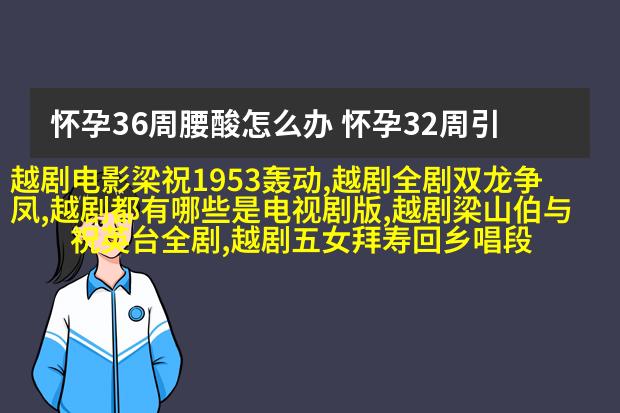越剧之韵,古典美学之源泉

在中国古代文学中,李清照以其卓越的才华和深沉的情感,被誉为“千年一遇”的女性作家。她的诗歌充满了对爱情、人生以及自然景观的深刻描绘。在越剧这一独特形式中,茅威涛通过精湛的手法,将这些诗意转化为音乐与舞蹈,为观众呈现了一幅生动而又富有层次的情境画面。
茅威涛——越剧中的奇才

作为中国戏曲界的一颗璀璨明珠,茅威涛以其超凡脱俗的艺术天赋和独到的人物塑造赢得了无数赞誉。他对李清照这位宋代女词人的理解异常深入,不仅在于对她的生活背景和作品内容的精准把握,更在于他那种能够将历史人物融入现代文化脉络中的创新精神。
李清照形象演绎:从纸上到舞台上的转化

茅威涛不仅是一名优秀的戏曲表演者,他更是懂得如何将一位文人的灵魂带到今天。这一点可以从他对于李清照形象构建方面所做出的努力来体会。在他的手笔下,这个曾经只存在于书页间的小小女子,以一种更加真实、贴近生活的人物形象出现在了越剧舞台上,每一次发声,每一个姿态都透露出一种淡然却又坚韧不拔的情怀。
音乐旋律:激发情感共鸣

越剧作为一种具有悠久历史的地道艺术,它自身就蕴含着浓厚的情调和丰富多彩的声音世界。茅威涛则是利用这种声音语言,将自己的想法与情感融入到了每一首歌词之中,让听众仿佛能直接听到那份来自千年前的小窗幽梦中的细语。这种情感共鸣,使得观众被瞬间吸引进入到了那个遥远而又近在咫尺的地方。
舞蹈语言:捕捉时代精神

dancedance, dance! Dance is not just a form of expression, it's also a language that speaks directly to the soul of humanity, especially when it comes to the interpretation of an ancient poet like Li Qingzhao in modern times through the medium of Yuet Theatre by Ma Wei Tao.
现代视角下的传统审美价值探讨
With every performance given by Ma Wei Tao on stage as Li Qingzhao in Yuet Theatre, we are reminded once again that art is timeless and transcends boundaries between past and present, between tradition and modernity.
In conclusion, this unique blend of artistic talent from both Ma Wei Tao and Li Qingzhao has resulted in something truly extraordinary – a fusion of two seemingly disparate worlds into one cohesive piece that resonates with audiences across generations while staying true to its roots in Chinese culture


